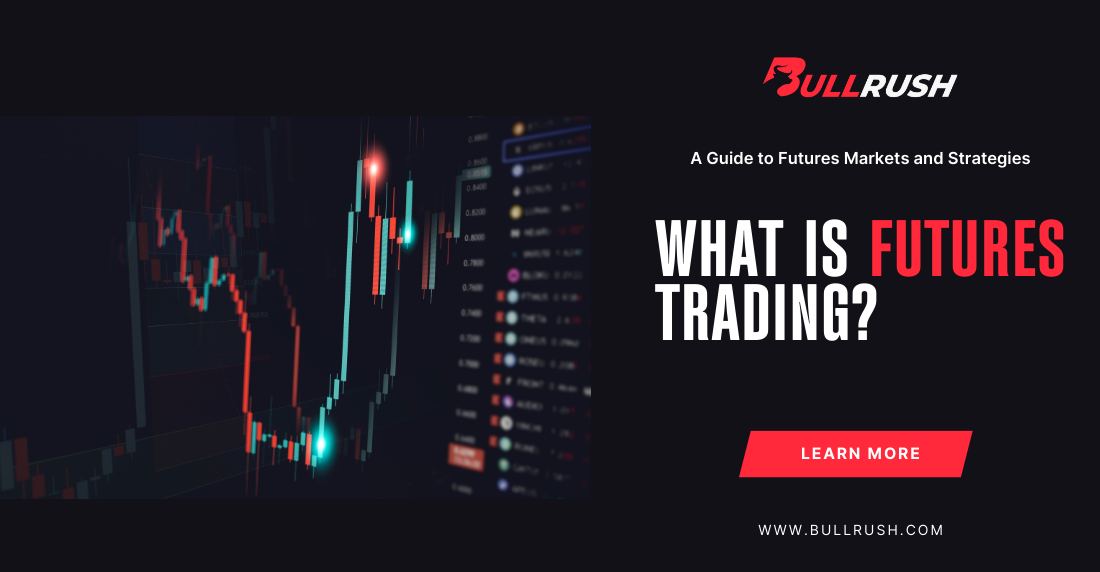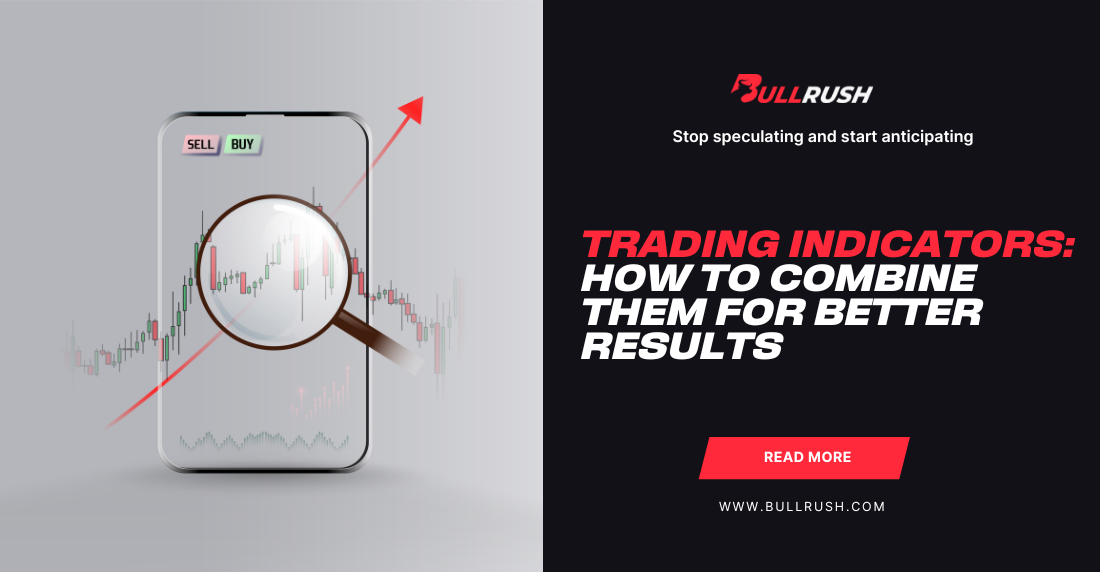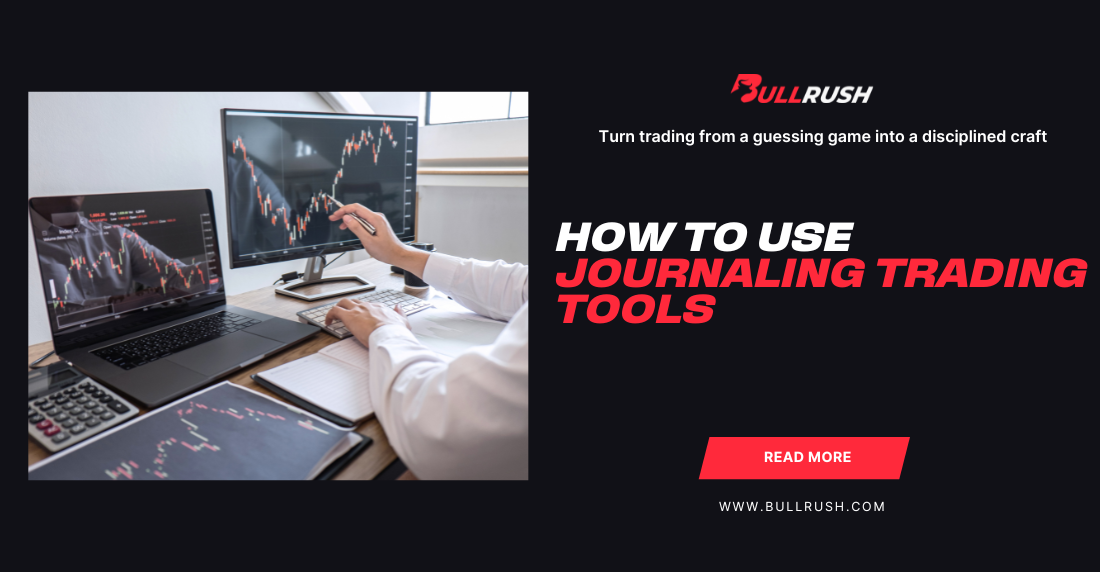
What Is Futures Trading? A Guide to Futures Markets
- Leverage and Risk: High leverage in futures amplifies both profits and losses.
- Speculation and Hedging: Futures can be utilized for hedging or speculation against price risk.
- Market Complexity: Futures markets are complex and require experience to successfully trade in them.
What is Futures Trading?
Futures trading involves buying or selling contracts for a commodity at a specified price on a future date. The underlying assets can be oil, stocks, or financial instruments like bonds. Traders can hedge the underlying commodity price through futures contracts, and the transaction binds them regardless of what the market does.
F contracts are simpler to define on the exchange, where they’re for the future value of a company’s stock or stock market indexes such as the S&P 500, Dow Jones Industrial Average, and Nasdaq. These behemoth exchanges such as the Chicago Mercantile Exchange have an astronomical amount of futures contracts, including physical goods, bonds, or even the weather.
Underlying Assets to Trade Futures
You can find futures contracts on various categories of assets. Common examples include:
- Commodity Futures: Physical products like crude oil, natural gas, wheat, and corn.
- Cryptocurrency Futures: Backed by assets like Bitcoin or Ethereum.
- Currency Futures: On currency like the euro, British pound, etc.
- Energy Futures: Backed by assets like crude oil, natural gas, gasoline, and heating oil.
- Equities Futures: Backed by stocks and baskets of stocks in the market.
- Interest Rate Futures: Wagering on upcoming changes in interest rates and bonds.
- Precious Metal Futures: On commodities such as gold and silver.
- Stock Index Futures: On indices such as S&P 500.
At expiration, the owner of a futures contract must receive delivery of the underlying asset, such as stocks or shares. Buyers of future contracts can close out their positions before expiration. Options are different. American-style options give the owner the right, but not the obligation, to purchase or sell the underlying instrument at any time before the contract expires.
How Futures Trading Works
Futures contracts are standardized by quantity, quality, and delivery of the asset to enable exchange trading. The seller is committed to sell and purchaser to buy an asset at a predetermined price and date. The price and date are fixed at the time of contracting to enable liquidity and transparency in the market.
For example, Bitcoin futures contracts on a major index stock include March, June, September, and December as expiration months. The shortest-term expiring one or the front-month is termed as such. Speculators rollover to subsequent months if the position is desired to be maintained.
If one buys a Bitcoin index futures contract for $50 a point and the index rises, then the contract will be valuable, and the buyer can sell the contract for a profit. If one thinks that an index or stock will fall, he can sell short futures contracts and buy them at a lower price, and the margin is profit.
Speculation in Futures Trading
Speculating on price direction is one of the most popular reasons why people trade futures. As the price of the underlying asset in the direction that the investor predicts it will go shifts, he or she will be able to realize returns. For example, if someone buys a futures contract of a commodity and the price rises before expiry, then the investor can sell the contract at a profit. If it does fall, then the investor will lose.
Short selling is also available to traders with the expectation of the price falling. If it does, they can close for profit.
Hedging With Futures
These typess of are also very convenient as a hedging instrument, whereby investors and companies can hedge against unfavorable price movement. For example, a portfolio manager tracking the Bitcoin index can hedge a decline in the market with futures.
For instance, if a fund manager needs to hedge a portfolio value of $100 million from a decline in Bitcoin, it can short sell Bitcoin futures. As the index declines, the profit in the futures position will neutralize the loss on the portfolio value and thus hedge against the decline.
Advantages and Disadvantages of Futures Trading
Futures trading offers several advantages, including opportunities for speculation, hedging against unfavorable price movements, and high liquidity. However, it also comes with disadvantages such as high risk due to leverage, margin requirements that amplify risk, and the complexity of navigating the markets, which requires advanced timing and price understanding.
Advantages:
- Speculation Opportunities: They can yield good returns if there’s an opportunity to speculate in the direction of price movement.
- Hedging Facilities: Additionally, these contracts can be used to hedge against unfavorable price movement.
- Liquidity: Future contracts are generally liquid and easy to trade in an exchange.
Disadvantages:
- High Risk: Because of leverage, investors have the potential to lose more than the initial amount in the event of an unfavorable market.
- Margin Requirements: Futures trading typically requires a margin deposit, which amplifies risk.
- Complexity: Futures markets can be complicated, requiring a high level of direction and price sophistication timing.
Regulation of Futures Markets
The Commodity Futures Trading Commission (CFTC) regulates futures markets and created in 1974 to foster market integrity. The CFTC’s mission is to prevent fraud, manipulation, and other abusive trading methods.
Futures vs. Stocks: Why Trade Futures
Futures also have some advantages compared to stocks, primarily the use of leverage. Its leverage enables a trader to mange huge volumes with comparatively tiny capital. Leverage also enhances the danger, however, because gains and losses are magnified.
Futures markets also generally tend to be open nearly 24/7, providing traders greater liberty to respond to worldwide events and market volatility.
Futures vs. Options: Which Is More Profitable?
Futures are more leveraged than options and can be very profitable when the direction is correctly anticipated by the trader in the markets. Options, however, do offer a kind of insurance in that they give the owner the choice to exercise the option or let it expire so as not to take losses.
Commodity futures and options speculating is a volatile, complicated, and risky venture, not usually suitable for individual investors or “retail customers.” Such trades can lead to enormous losses, with traders sometimes being required to pay more than their original investment. While considering futures trading, one must keep the following facts in mind:
Navigating the Risks of Futures Trading
Commodity futures and options speculating is a volatile, complicated, and risky venture, not usually suitable for individual investors or “retail customers.” Traders lose enormous sums of money, and at times they are even requested to pay more than the sum they had originally invested. While considering futures trading, one must keep the following facts in mind:
- Volatility: The futures market is very volatile, with price movement rapid and unforeseen, incurring loss.
- Complexity: Futures are complicated financial products requiring a brilliant mind to follow how the markets act, are priced, and the timing of events.
- High Risk: Margining leads the investors to end up losing more than their initial investment, especially when the market goes against them.
- Risk of Complete Loss: The majority of individuals lose all the capital they have invested, thus causing vast financial losses.
- Margin Requirements: Futures trading involves margin requirements, which also amplify potential gains and risks, so it becomes easy to lose more than one originally invested.
It is essential to exercise caution in handling the futures markets, and understand clearly what the risks involved are and establish proper risk handling methods.
Final Thoughts
Futures trading most readily facilitates speculation and risk hedging. Highly leveraged futures trading, however, subjects traders to the vagaries of monumental losses whenever they get the incorrect side of the market. It is important to spend time and master the fundamentals of futures contracts and walk with caution when trading in the market. Futures can be a boon to any trading portfolio, as long as planning and risk management are executed judiciously.



